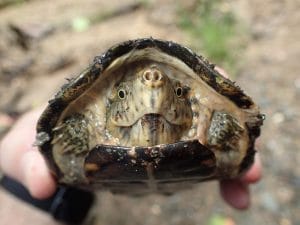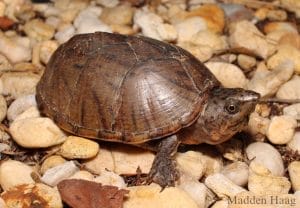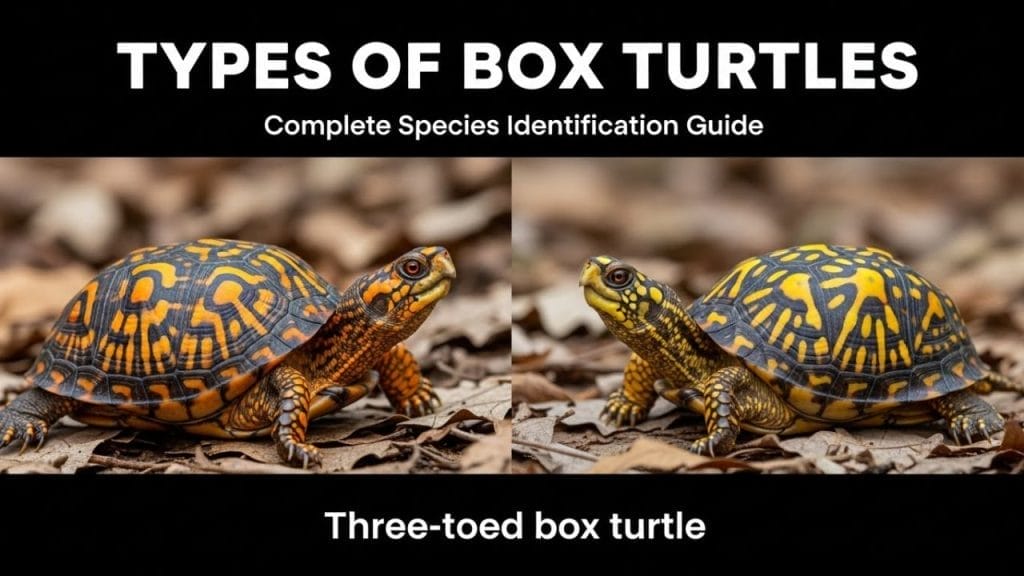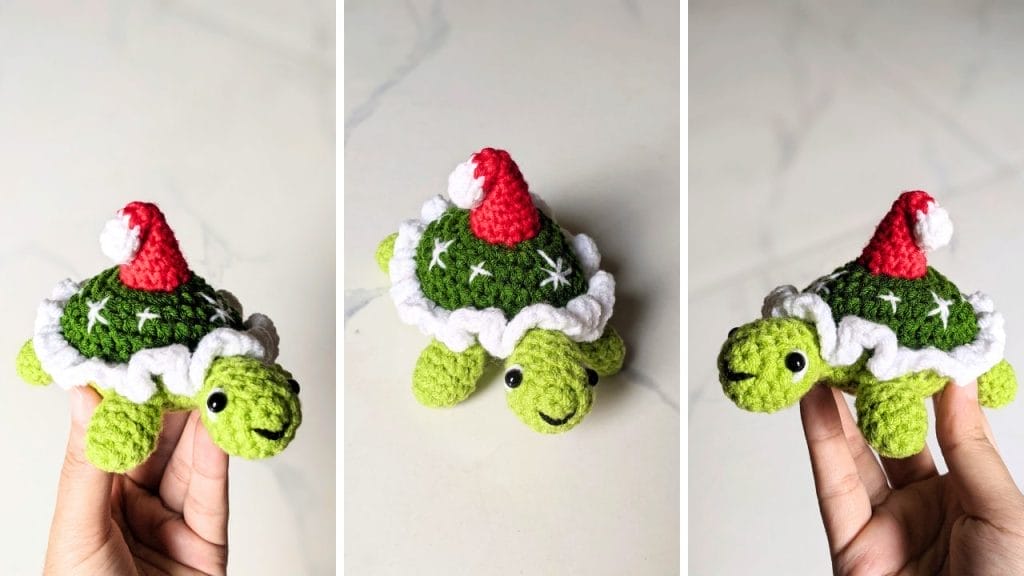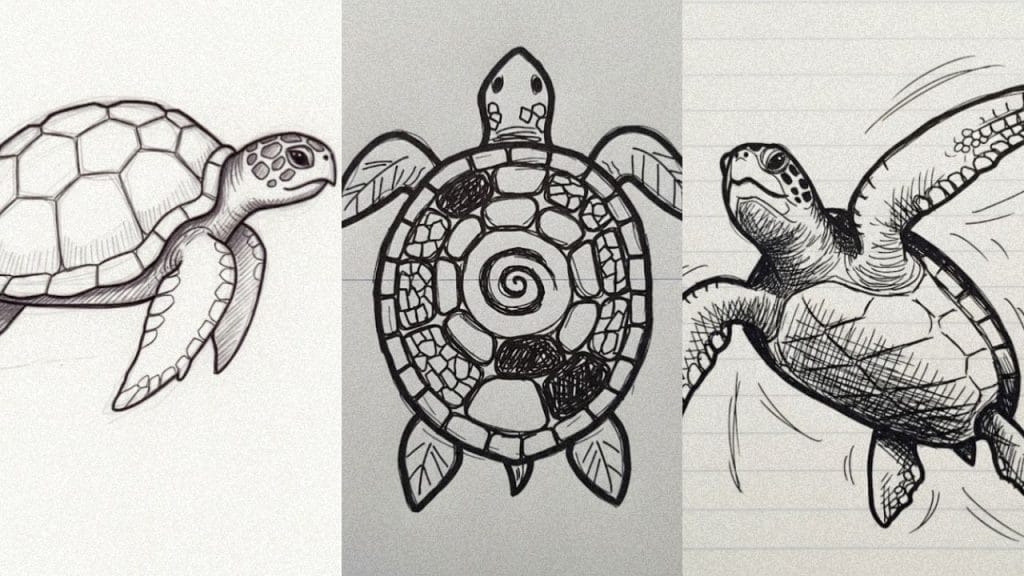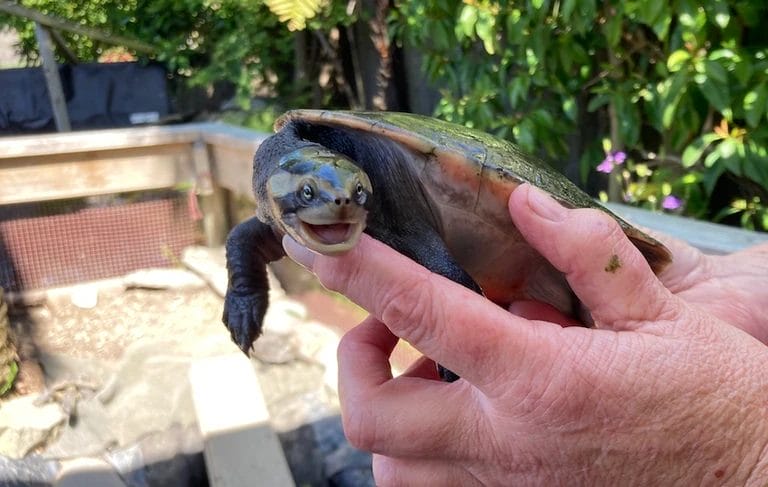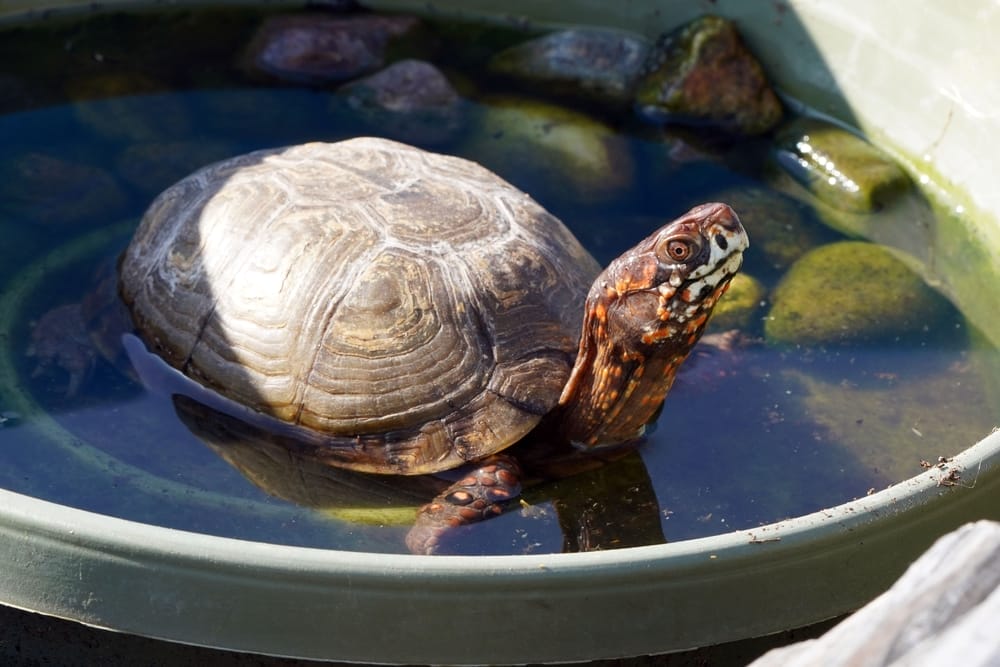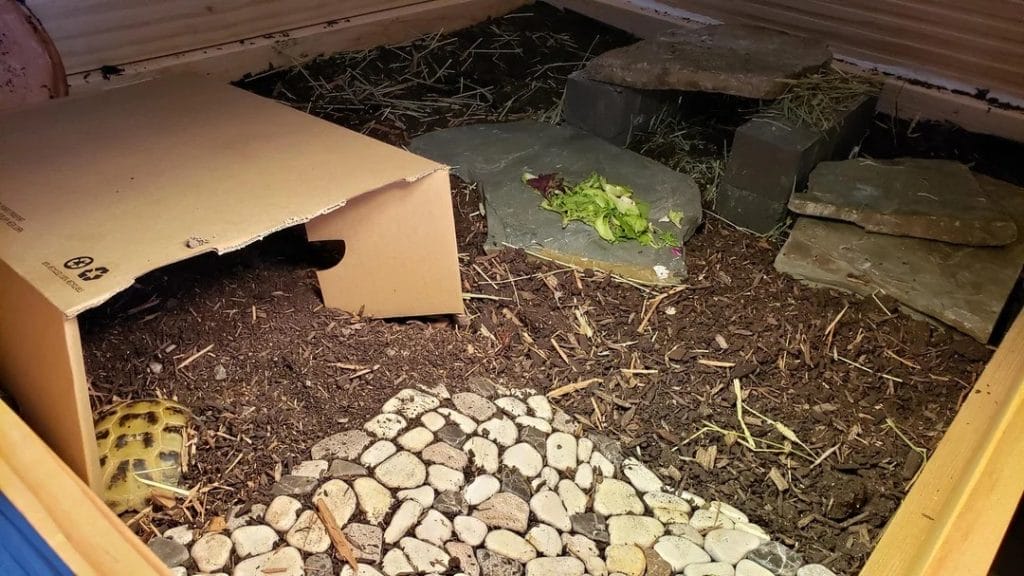Sternotherus minor (Loggerhead Musk Turtle)
Home > Turtle Database > Sternotherus minor (Loggerhead Musk Turtle)
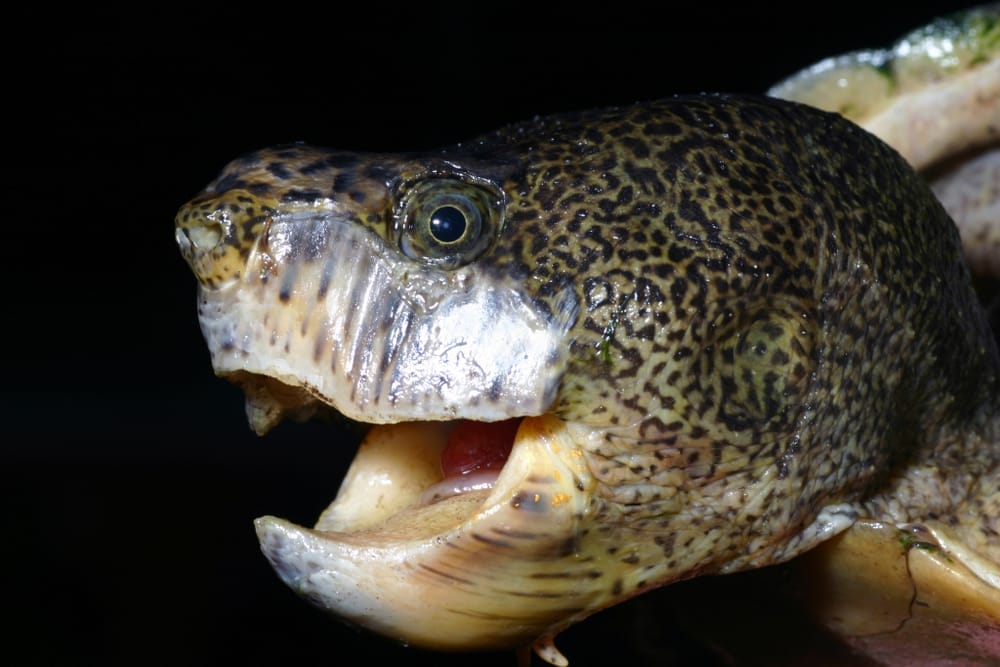
Sternotherus minor, known as the Loggerhead musk turtle, is a small freshwater turtle found in the southeastern United States. It gets its name from its large, broad head, which is much larger in proportion to its body compared to other musk turtles. Its strong jaws help it feed on hard-shelled prey in its river and spring habitats.
Native To These Regions
Alabama (USA), Florida (USA), Georgia (USA), Mississippi (USA), South Carolina (USA), Tennessee (USA), Virginia (USA)Native Turtle Species Map – Find Turtles by Region
Scientific Classification
Kingdom: Animalia
Phylum: Chordata
Class: Reptilia
Order: Testudines
Family: Kinosternidae
Genus: Sternotherus
Species: Sternotherus minor
Common Names
Loggerhead musk turtle
This Hilarious Turtle Book Might Know Your Pet Better Than You Do
Let’s be real—most turtle care guides feel like reading a textbook written by a sleep-deprived zookeeper.
This one’s not that.
Told from the snarky point of view of a grumpy, judgmental turtle, 21 Turtle Truths You’ll Never Read in a Care Guide is packed with sarcasm, sass, and surprisingly useful insights.
And hey—you don’t have to commit to the whole thing just yet.
Grab 2 free truths from the ebook and get a taste of what your turtle really thinks about your setup, your food choices, and that weird plastic palm tree.
It’s funny, it’s honest, and if you’ve ever owned a turtle who glares at you like you’re the problem—you’ll feel seen.
Identification
Description
The Loggerhead musk turtle has a large head with strong jaws and a hooked beak. Its carapace is usually brown or gray with dark markings, and its skin can range from light gray to dark brown with pale stripes or spots on the head and neck. Adults grow to about 3 to 5 inches in length.
Sexual Dimorphism
Males have longer, thicker tails, with the vent positioned farther from the body. Females tend to have slightly wider shells, but their tails are shorter and less pronounced.
Check more turtles from the Sternotherus genus
Native Origin and Distribution
Geographical Range
The Loggerhead musk turtle is found in the southeastern United States, mainly in Alabama, Georgia, and Florida. It prefers river systems connected to the Apalachicola River drainage, along with clear freshwater springs and nearby streams.
Preferred Habitat
This species prefers clear, slow-moving freshwater habitats with rocky or sandy bottoms. It is commonly found in limestone springs, rivers, and streams with plenty of hiding spots like submerged rocks, logs, and aquatic plants.
Behavior
Feeding Habits
Loggerhead musk turtles are carnivorous, feeding mostly on snails, clams, crayfish, and aquatic insects. Their strong jaws allow them to crush hard-shelled prey easily.
Predators
Natural predators include large fish, wading birds, raccoons, and alligators. Hatchlings and juveniles are more vulnerable due to their small size.
Reproduction
Breeding Season
Mating takes place in spring and fall, with nesting typically occurring in early summer.
Reproductive Method
Females lay small clutches of 1 to 5 eggs in sandy or soft soil near the water’s edge. The eggs incubate for about 60 to 90 days before hatching.
Conservation
Extinction Status
The Loggerhead musk turtle is currently listed as Least Concern, but certain localized populations may be at risk due to habitat changes.
Threats
Habitat destruction, pollution, and water quality decline from human activities pose serious risks. Over-collection for the pet trade has also impacted some populations.
Conservation Measures
Protecting spring habitats, improving water quality, and regulating collection are all important to help maintain stable populations. Conservation programs in certain areas already focus on preserving these habitats.
Economic Importance
The Loggerhead musk turtle has some economic value in the pet trade, where small, unusual turtles are in demand. In its natural habitat, it helps control populations of aquatic snails and insects, contributing to ecosystem balance.
Interesting Facts
The Loggerhead musk turtle’s oversized head helps it crush snail and clam shells, which makes it different from most other musk turtles.
Like other musk turtles, it can release a strong musky odor when threatened, earning it a place in the “stinkpot” group of turtles.

About Author
Muntaseer Rahman started keeping pet turtles back in 2013. He also owns the largest Turtle & Tortoise Facebook community in Bangladesh. These days he is mostly active on Facebook.


